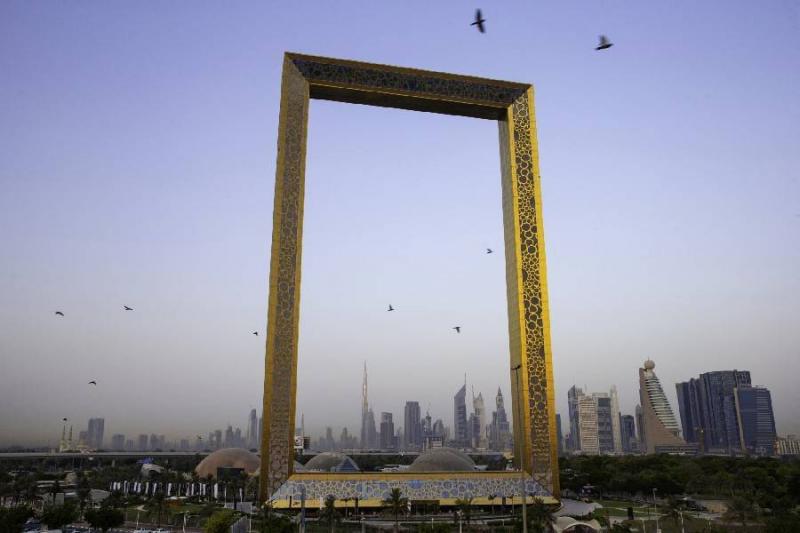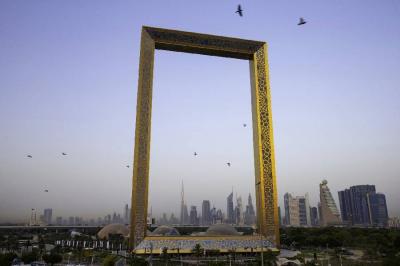Dubai Government Investments recorded a net loss of 15.5 billion AED (4.2 billion USD), while the net loss attributed to the institution's shareholders reached 18.9 billion AED (5.1 billion USD) for the fiscal year ending December 31, 2020, marking its first loss since 2012. The institution attributed the losses to the impact of the global COVID-19 pandemic on its operations.
It achieved revenues of 136.1 billion AED, a decrease of 40.3% compared to 2019, due to a significant decline in revenues from the transportation, oil, and gas sectors, while maintaining steady revenues in banking and financial services, supported by a full-year contribution from Turkey's DenizBank as part of Emirates NBD.
Assets decreased by 1% compared to the end of 2019 to approximately 1.1 trillion AED, while liabilities remained stable at 869 billion AED. The institution's share of equity fell by 5.9% to 192.6 billion AED.
Dubai Government Investments is the main investment arm of the Dubai government and was established in May 2006 with the mandate to unify and manage the Dubai government's portfolio of investments and commercial entities. The portfolio includes a range of companies in financial services, transportation, industry, energy, real estate, construction, hospitality, entertainment, and retail. Notable entities include Emirates Airlines and Fly Dubai in aviation; Emirates NBD, Dubai Islamic Bank, and Dubai Financial Market in finance; ENOC, Dubal, and Ducab in industry; Burj Khalifa and Dubai Mall developed by Emaar in real estate; and Atlantis Resort developed by Nakheel, along with a group of hotels in the United States in hospitality.




